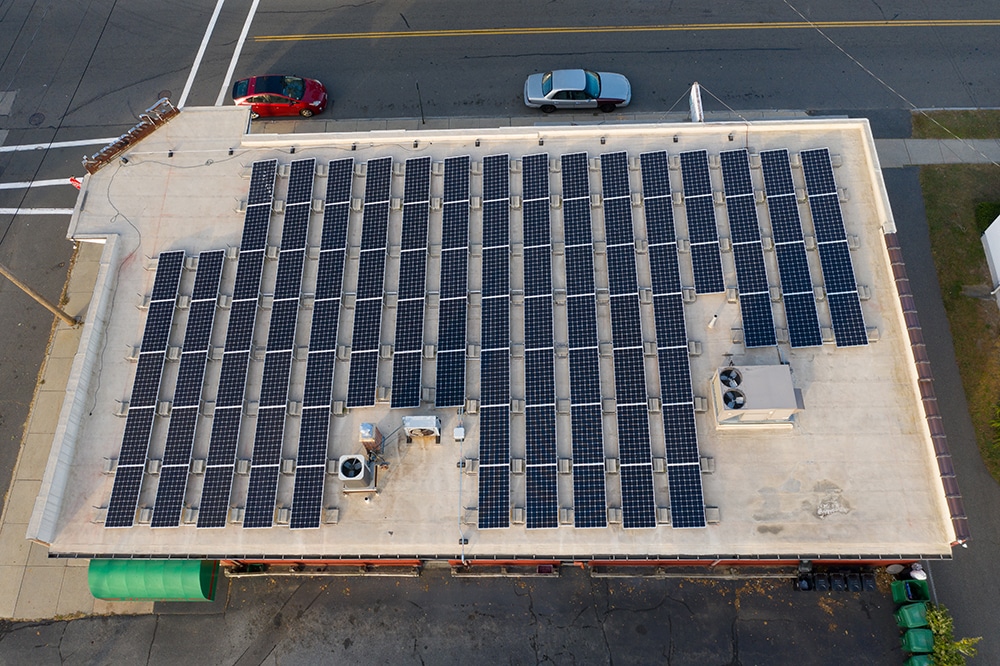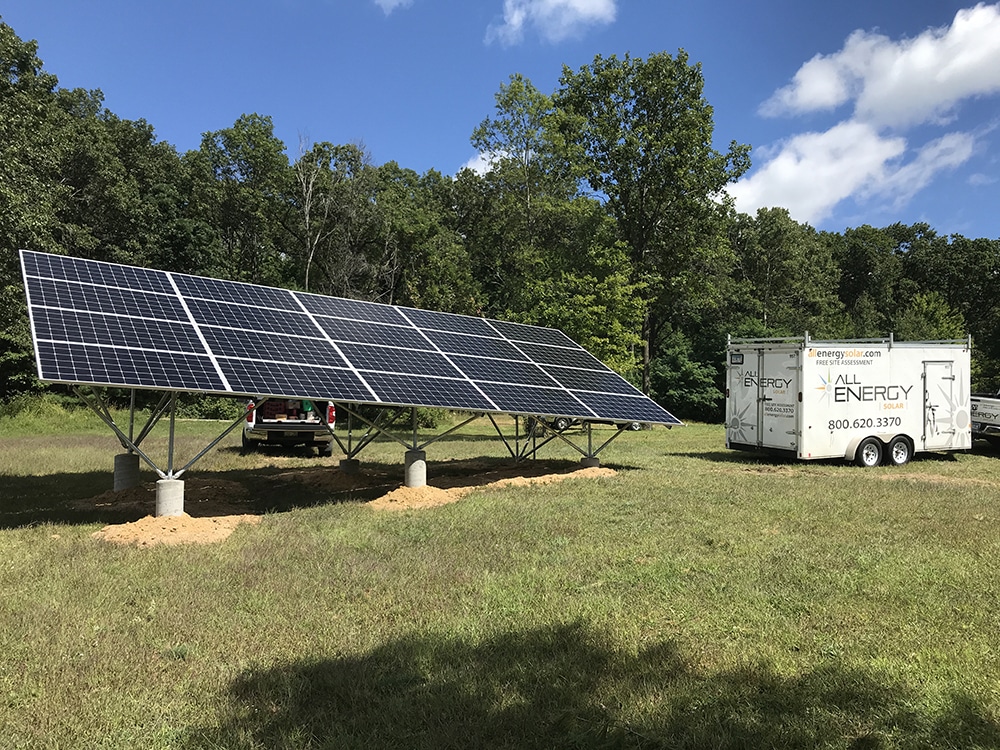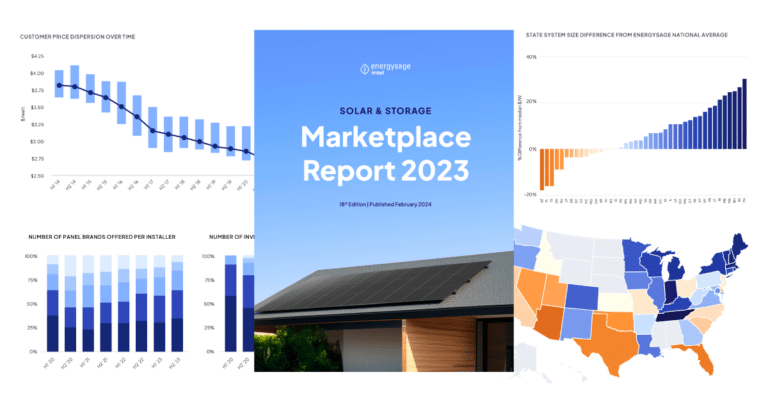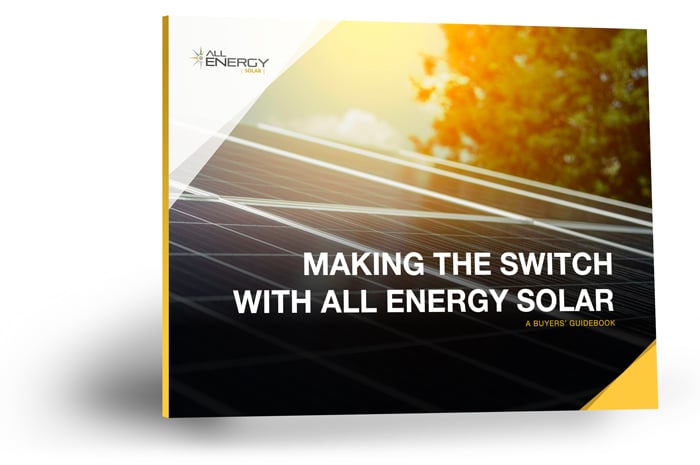Live in Massachusetts? Thinking about ways to take control of your spending? One thing to consider that could have a huge impact on your utility spending is installing solar power panels. Not only could you potentially be saving hundreds of dollars yearly, that number adds up to thousands over the lifetime of your solar power system. What’s even better is Massachusetts solar power incentives, along with federal tax credits, could make solar energy more affordable than you think.
Solar power is now the cheapest energy in history, according to the International Energy Agency’s World Energy Outlook 2020. The technology has gotten more efficient while becoming less costly.
Tax credits and other solar power incentives offered through the government and utilities bring down the price of solar for home or business even further. What’s even better is you don’t have to pick and choose – qualifying for one doesn’t disqualify you from another. You can stack them together.

30% Federal Solar Tax Credit
Thanks to the 2022 Inflation Reduction Act, the federal solar tax credit incentive has been increased and extended! Instead of falling to 22 percent in 2023, it was raised from 26 percent to 30 percent through 2032. That’s more than one-quarter of the cost of your solar power system covered before you even start looking at additional incentives.
Massachusetts Solar Tax Incentives
The Massachusetts state tax credit can cover a total 15 percent of your solar installation costs, up to a $1,000 in value. Additionally, Massachusetts solar installations are exempt from sales taxes and property taxes! This means that if your solar panels increase the value of your home, it won’t increase the costs of the taxes you pay on the property. With the sales tax exemption, you automatically save the 6.25 percent cost of the Massachusetts sales tax upfront. Remember that these incentives stack together – using one solar incentive doesn’t stop you from using others.

Net Metering in Massachusetts
When your solar power system generates more electricity than your property consumes, you can send the extra energy back to the grid in exchange for credits on your utility bill.
These credits can offset your electricity bills should you ever have to tap into grid-supplied energy. Depending on the size of your solar photovoltaic system, this could eliminate up to 100% of your electricity costs.
SMART Solar Incentive Program in 2021
In addition to net metering, you could earn additional monthly incentive payments from your utility provider through the SMART incentive solar program. The level of incentive depends on when the solar array is installed and entered into a “SMART block,” which is divvied up on a first come, first served basis. Each block funds your project at a locked-in level for a period of 10 years. The earlier you install solar power and sign up, the more your system could potentially earn each month over the next ten years.

2021 ConnectedSolutions Solar Battery Incentive
Customers of National Grid can also take advantage of the ConnectedSolutions Solar Battery Incentive. When you choose to install a solar battery storage system and participate in National Grid’s ConnectedSolutions program, you receive credits in exchange for discharging your battery during certain periods. This program aims to help the Massachusetts power grid to reduce peak demand periods, that in turn essentially helps your neighbors to vicariously lower their carbon footprint through your solar power system. You get to do a little green good for your community and make some extra funds while you’re at it.
All Energy Solar is a full-service and licensed Massachusetts solar panel installer that can help to ensure you take advantage of as many programs for which you may qualify. Contact us for a free quote that can show what solar power can do for you. Want to get more Massachusetts solar power updates like this or learn about All Energy Solar solutions and services? Take a look at our Solar Power Case Studies, Customer Testimonials, Residential Solar Project Gallery and Commercial Solar Project Gallery, then follow us on Facebook, Twitter and Linkedin.
Want to get more Massachusetts solar power updates like this or learn about All Energy Solar solutions and services? Take a look at our Solar Power Case Studies, Customer Testimonials, Residential Solar Project Gallery and Commercial Solar Project Gallery, then follow us on Facebook, Twitter and Linkedin.


